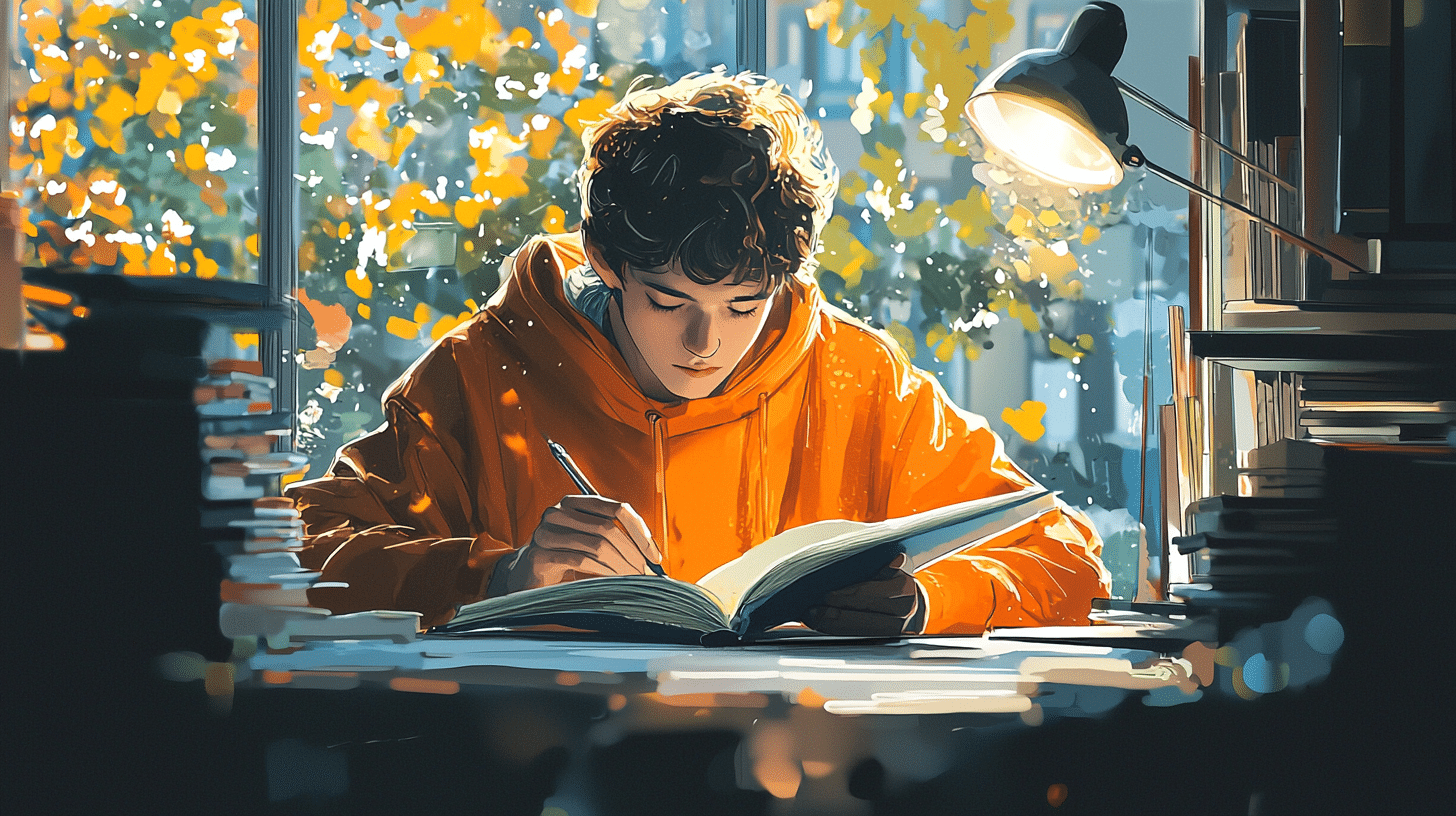Romania is a country rich in cultural heritage, and its festivals and celebrations are a testament to its vibrant traditions. As a language learner, immersing yourself in these cultural events can significantly enhance your understanding and appreciation of the Romanian language. In this article, we will explore essential Romanian vocabulary related to festivals and celebrations, providing you with the linguistic tools to fully engage with these joyous occasions.
Major Romanian Festivals and Celebrations
Romania’s calendar is dotted with a variety of festivals and celebrations, each with its own unique customs and traditions. Here are some of the major ones:
Crăciun (Christmas)
Christmas, or Crăciun, is one of the most cherished celebrations in Romania. It is a time for family gatherings, traditional foods, and religious observances. Key vocabulary for this holiday includes:
– Brad de Crăciun – Christmas tree
– Cadouri – Gifts
– Moș Crăciun – Santa Claus
– Colinde – Carols
– Nașterea Domnului – The Nativity
– Ajunul Crăciunului – Christmas Eve
– Masa de Crăciun – Christmas meal
Paște (Easter)
Easter, or Paște, is another significant religious celebration in Romania. It marks the resurrection of Jesus Christ and involves various customs and traditions, such as egg painting and feasting. Essential vocabulary includes:
– Ouă încondeiate – Painted eggs
– Învierea – Resurrection
– Post – Fasting
– Slujbă de Înviere – Easter service
– Coș de Paște – Easter basket
– Iepuraș de Paște – Easter bunny
– Paște Fericit – Happy Easter
Revelion (New Year’s Eve)
New Year’s Eve, or Revelion, is celebrated with much enthusiasm in Romania. It is a time for parties, fireworks, and making resolutions. Key vocabulary includes:
– Petrecere – Party
– Focuri de artificii – Fireworks
– Șampanie – Champagne
– Rezoluții – Resolutions
– Numărătoare inversă – Countdown
– An Nou Fericit – Happy New Year
Traditional Romanian Celebrations
Romania also boasts a variety of traditional celebrations that are unique to its cultural heritage. Here are a few notable ones:
Dragobete
Dragobete is often referred to as the Romanian Valentine’s Day, celebrated on February 24th. It is a day for expressing love and affection. Important vocabulary includes:
– Dragoste – Love
– Îndrăgostiți – Lovers
– Flori – Flowers
– Cadouri – Gifts
– Sărut – Kiss
– Fericire – Happiness
Mărțișor
Mărțișor is celebrated on March 1st to mark the beginning of spring. It involves giving and receiving small trinkets or charms tied with red and white strings. Key vocabulary includes:
– Mărțișor – The name of the celebration and the charm
– Primăvară – Spring
– Șnur – String
– Noroc – Luck
– Tradiție – Tradition
– Daruri – Gifts
Ziua Națională (National Day)
Romania’s National Day, celebrated on December 1st, commemorates the Great Union of 1918. It is a day of national pride and various festivities. Important vocabulary includes:
– Parada – Parade
– Drapel – Flag
– Independență – Independence
– Unitate – Unity
– Patriotism – Patriotism
– Defilare – March
Regional Festivals and Customs
Each region in Romania has its own unique festivals and customs, reflecting the diverse cultural landscape of the country. Let’s explore some of these regional celebrations:
Sărbătoarea Vinului (Wine Festival)
The Wine Festival is celebrated in various wine-producing regions of Romania, particularly in autumn. It is a time to enjoy local wines and traditional music and dances. Key vocabulary includes:
– Vin – Wine
– Degustare – Tasting
– Recoltă – Harvest
– Cântece și dansuri tradiționale – Traditional songs and dances
– Crame – Wineries
– Toamnă – Autumn
Festivalul Medieval (Medieval Festival)
Held in various historic cities such as Sighişoara and Sibiu, the Medieval Festival is a celebration of Romania’s medieval heritage. It features reenactments, medieval markets, and performances. Important vocabulary includes:
– Castel – Castle
– Cavaler – Knight
– Turnir – Tournament
– Meșteșugari – Craftsmen
– Costume medievale – Medieval costumes
– Spectacol – Show
Festivalul Cântecului și Dansului Popular (Folk Song and Dance Festival)
This festival celebrates Romania’s rich folk traditions through music and dance performances. It is a vibrant display of cultural heritage. Key vocabulary includes:
– Cântec popular – Folk song
– Dans popular – Folk dance
– Ansamblu – Ensemble
– Costume tradiționale – Traditional costumes
– Obiceiuri – Customs
– Sărbătoare – Celebration
Common Phrases and Expressions
To fully participate in Romanian festivals and celebrations, it’s essential to know some common phrases and expressions. Here are a few that will come in handy:
– La mulți ani! – Happy birthday! / Many happy returns!
– Felicitări! – Congratulations!
– Noroc! – Cheers! / Good luck!
– Toate cele bune! – All the best!
– Mulțumesc! – Thank you!
– Cu plăcere! – You’re welcome!
– Sărbători fericite! – Happy holidays!
– Petrecere frumoasă! – Have a great party!
Traditional Foods and Drinks
No celebration in Romania is complete without traditional foods and drinks. Here are some common ones you might encounter during festivals:
– Sarmale – Cabbage rolls stuffed with meat and rice
– Mămăligă – Polenta
– Cozonac – Sweet bread
– Pască – Easter bread
– Piftie – Jellied pork
– Tuică – Plum brandy
– Vin fiert – Mulled wine
– Plăcintă – Pie
Conclusion
Understanding and using Romanian vocabulary related to festivals and celebrations will not only enhance your language skills but also deepen your appreciation of Romanian culture. Whether you’re singing carols during Crăciun, painting eggs for Paște, or raising a glass of vin at a wine festival, these words and phrases will help you connect with the heart of Romania’s rich traditions. So, immerse yourself in the festivities, practice your new vocabulary, and enjoy the vibrant celebrations that Romania has to offer!

